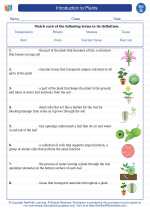Introduction to Plants -> substance transmission
Substance Transmission
Substance transmission refers to the movement of substances from one place to another. This can occur through various mechanisms in living organisms and in the environment.
Types of Substance Transmission
There are different ways in which substances can be transmitted:
- Diffusion: The spontaneous movement of a substance from an area of high concentration to an area of low concentration. This occurs down the concentration gradient and does not require energy.
- Active Transport: The movement of substances across a cell membrane against the concentration gradient, requiring energy in the form of ATP (adenosine triphosphate).
- Osmosis: The diffusion of water molecules across a selectively permeable membrane, from an area of lower solute concentration to an area of higher solute concentration.
- Transpiration: The process of water movement through a plant and its evaporation from aerial parts, such as leaves, stems, and flowers.
- Endocytosis and Exocytosis: These are processes by which cells take in or release large molecules and particles by engulfing them in vesicles.
Importance of Substance Transmission
Understanding the mechanisms of substance transmission is crucial for various biological processes, such as nutrient uptake in cells, gas exchange in organisms, regulation of water balance, and the functioning of different organ systems. Additionally, it is important in environmental processes such as nutrient cycling, water movement in ecosystems, and chemical transport in the atmosphere.
Study Guide
When studying substance transmission, consider the following key points:
- Understand the differences between diffusion, active transport, and osmosis.
- Learn about the role of transpiration in plant physiology and its impact on the environment.
- Explore the significance of endocytosis and exocytosis in cellular processes.
- Examine the impact of substance transmission on various biological systems and environmental phenomena.
By mastering the concepts and mechanisms of substance transmission, you will develop a deeper understanding of how living organisms and the environment function.
.◂Science Worksheets and Study Guides Seventh Grade. Introduction to Plants

 Worksheet/Answer key
Worksheet/Answer key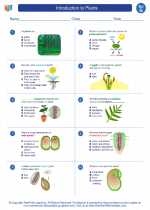
 Worksheet/Answer key
Worksheet/Answer key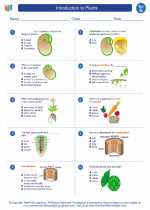
 Worksheet/Answer key
Worksheet/Answer key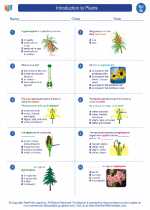
 Worksheet/Answer key
Worksheet/Answer key
 Vocabulary/Answer key
Vocabulary/Answer key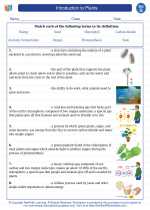
 Vocabulary/Answer key
Vocabulary/Answer key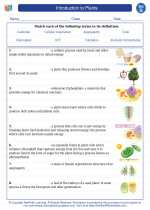
 Vocabulary/Answer key
Vocabulary/Answer key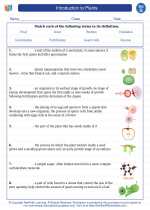
 Vocabulary/Answer key
Vocabulary/Answer key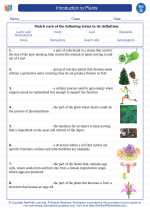
 Vocabulary/Answer key
Vocabulary/Answer key